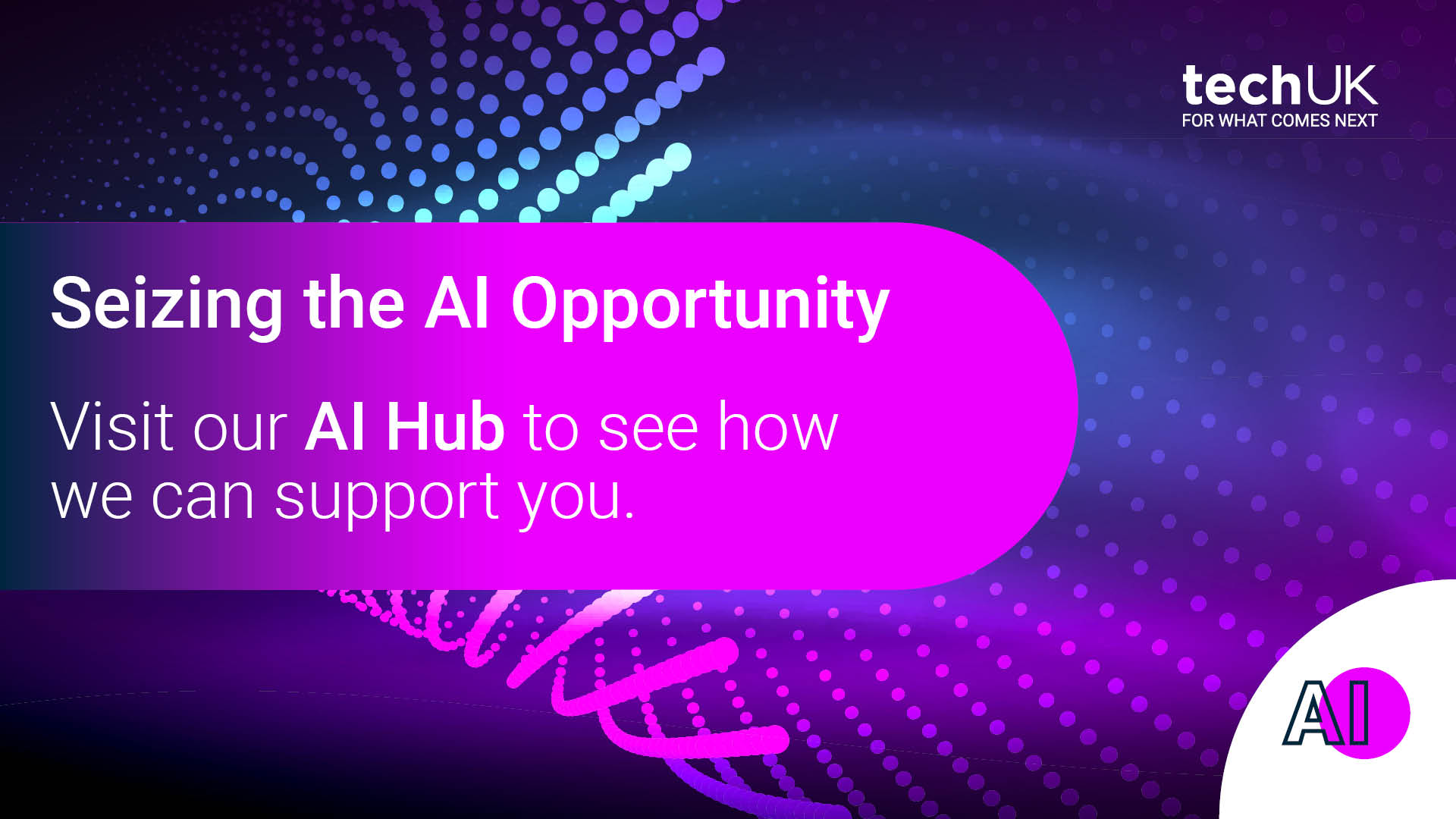Getting out of the AI PoC trench
Over the past few years, we have witnessed the rapid adoption of AI across various sectors. Specifically, organisations are increasingly exploring ways to leverage this technology to enhance their market position. The AI market's projected growth to US$184 billion by 2024 is a testament to this technology's immense potential. However, many experts believe we are still far from realising AI's full value. This gap is mainly due to organisations getting stuck in the "AI PoC Trench."
75% of executives admit they struggle to move AI initiatives beyond the PoC stage, aligning with a McKinsey study that found only 20% of AI applications reach production. The potential risks are significant, with approximately 75% of executives fearing their businesses could face substantial risk within the next five years if they fail to scale AI effectively. This highlights the critical importance of addressing the AI scaling challenge.
Many organisations find themselves trapped in the PoC trench because they start by trying to prove AI's functionality rather than addressing specific business challenges. A core engineering team eager to adopt new technology typically initiates a quick focus group to test its capabilities. However, while these groups often gather feedback on the technology's usefulness, they need the ability to quantify its business value, leading to stalled progress.
To stand out in the market, organisations need a robust business and technology ecosystem that enables them to move beyond the AI PoC stage. Here are three quick steps to help you break free from the PoC trench.
Change the language
We often hear from customers that they use a PoC to secure senior stakeholder buy-in. While this approach has merits, a PoC-first strategy can limit forward-thinking and hinder progress beyond the PoC stage. As an HBR article highlights, shifting the focus from PoCs to pilots encourages a more comprehensive view of the AI/ML lifecycle. Pilots require consideration of critical elements such as data foundations, governance structures, and the organisational model needed to support full-scale implementation.
For example, Nordea bypassed the PoC stage and moved straight to a pilot, leading to a 20% reduction in email and phone handling time while managing a 30% increase in email traffic. They achieved this without needing to prove the chatbot's value to C-suite executives beforehand.
Top Tip: Understanding your business value drivers lets you quickly identify how AI can unlock that value. This approach can generate numerous ideas, and using a simple prioritisation matrix, like a 2x2 Importance vs. Effort matrix, can help you focus on the most impactful opportunities.
Deploy diverse skills
When prioritising AI initiatives, organisations often focus on multiple ideas at once. To avoid spreading resources too thin and losing momentum, managing your AI efforts as a portfolio is wise. This approach broadens your focus beyond AI-specific roles and underscores the importance of diverse skills. 53% of organisations cite employee adoption as the biggest challenge to scaling AI, followed by concerns about ROI—challenges that often arise from a lack of diverse expertise.
92% of organisations that successfully deployed AI applications made full use of traditional roles like business analysts, change managers, and product designers in developing AI solutions to effectively address real-world challenges. Engaging a wide range of stakeholders early on helps prevent obstacles as you move beyond the PoC stage. A portfolio view also aligns AI initiatives with the organisation's vision and strategic goals.
Top Tip: Adapt your operating model to enable champions to work cross-functionally preventing silos and ensuring successful adoption of AI. For example, organisations should empower champions to lead pilot programmes, advocate for resources, and ensure responsible AI practices.
Have a framework
AI's vast potential is driving leaders to reimagine entire industries. Still, amid the excitement, it is easy to overlook this technology's profound impact on people's lives. Global leaders are actively addressing issues of ethics, legality, and compliance. However, when organisations adopt a PoC-first approach, these critical frameworks are often neglected due to its complexity. We have heard from customers that a lack of clear guidance from leadership can limit the ability to scale AI beyond initial experiments.
Establishing a framework that addresses ethical, legal, and regulatory compliance is crucial. It empowers teams to advance AI ideas confidently and responsibly, ensuring that successful PoCs can be scaled up. This fosters responsible AI use and builds trust among senior stakeholders.
Top Tip: There is no need to reinvent the wheel Organisations can adopt established frameworks or follow ISO standards and then customise them as needed.
In conclusion, organisations must shift their focus from proving AI's functionality to solving specific business challenges to move beyond the AI PoC stage. By rethinking PoCs as pilots, leveraging diverse skills, and implementing frameworks for ethical, legal, and regulatory compliance, businesses can escape the "AI PoC Trench" and fully realise AI's potential. This approach promotes responsible AI use and builds trust among senior stakeholders, enabling successful scaling.
Dive deeper with more AI insights:
If you're interested in AI adoption you can find more insights on our AI Campaign Week page, here:

Stay up to date with techUK AI Adoption work:
To help promote greater levels of responsible AI adoption, techUK is working alongside its members and key stakeholders across the AI ecosystem to demonstrate the significant benefits of this technology for both the economy and society. The best way to stay up to date with our work is to visit our AI Adoption Hub.
Call for AI Adoption case studies:
As part of techUK’s 2024 AI Campaign Week, we are launching a call for techUK member case studies, to demonstrate how organisations are tackling the barriers to AI adoption to maximise AI's potential. These case studies will be showcased to UK organisations that are also embarking on their AI adoption journeys, providing them with practical examples and insights to guide their Putting AI into Action efforts. Learn more here.
techUK - Seizing the AI Opportunity
The UK is a global leader in AI innovation, development and adoption.
AI has the potential to boost UK GDP by £550 billion by 2035, making adoption an urgent economic priority. techUK and our members are committed to working with the Government to turn the AI Opportunities Action Plan into reality. Together we can ensure the UK seizes the opportunities presented by AI technology and continues to be a world leader in AI development.
Get involved: techUK runs a busy calendar of activities including events, reports, and insights to demonstrate some of the most significant AI opportunities for the UK. Our AI Hub is where you will find details of all upcoming activity. We also send a monthly AI newsletter which you can subscribe to here.
Upcoming AI Events
Latest news and insights
Subscribe to our AI newsletter
AI and Data Analytics updates
Sign-up to our monthly newsletter to get the latest updates and opportunities from our AI and Data Analytics Programme straight to your inbox.
Contact the team
Visit our AI Hub - the home of all our AI content:

Enquire about membership:











